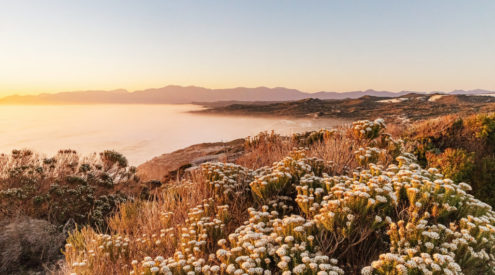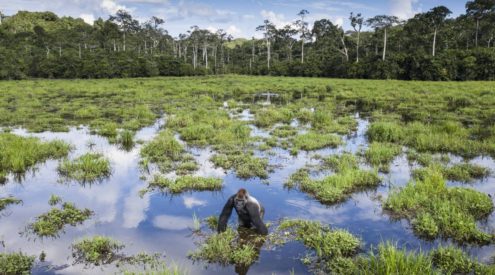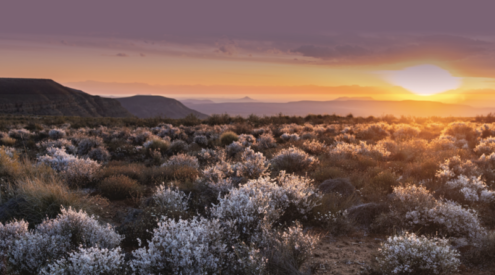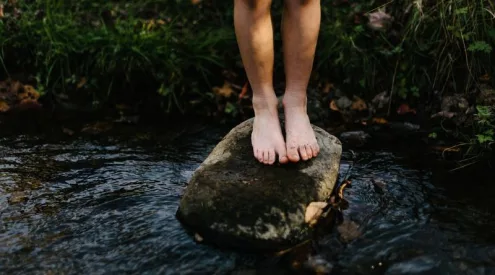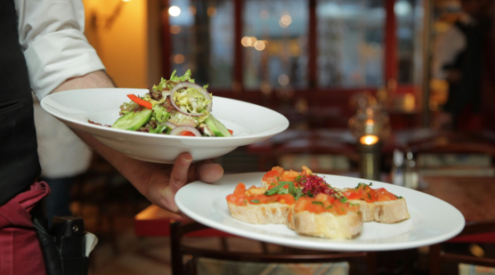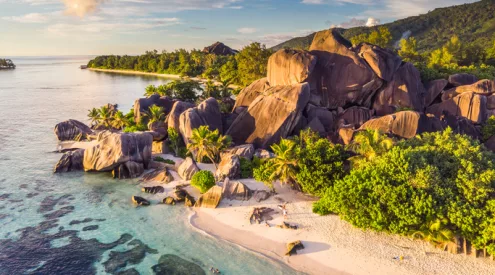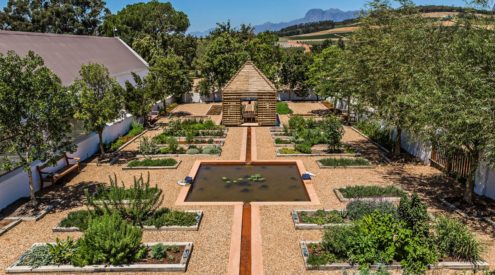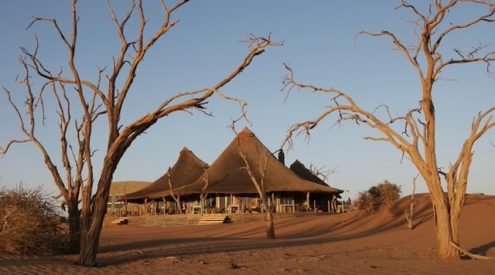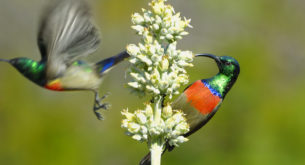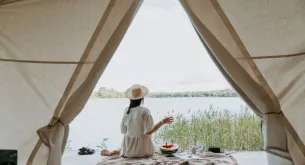I met a wonderfully happy man today called Francis. He likely forgot my name as soon as I said it, and by this time tomorrow I’ll be just another person he met along the way – but I’ll remember him, Francis, for some time to come.
I spent today driving around Praslin, Seychelles’ second-largest island, searching for photographs, and found a rather spectacular stretch of road fringed with vegetation on the one side, and the high tide crashing into it on the other. All that was needed, to complete the picture, was a vehicle. So I parked my hired Toyota in the only space I could find – behind a blue Suzuki with a GB sticker on the back – and took up my shooting spot on the other side of the bay. And then I waited. And I waited. No cars came. And so I waited some more. Five minutes; 10 minutes. It felt like 15. I sensed someone watching me, and realised the boulder next to my car was hiding a fisherman’s house. That rickety structure in the water near me must belong to his family, I assumed. Men’s voices came from the shadows of the mango tree and I could see the outline of someone crouched down, working on something.
A car! Suddenly – a frenzy of focussing and shooting and focussing and shooting. Happy to finally have captured what I needed, I headed back to the Toyota.
“You keen photographer! I was a photographer. ” It was both an introduction and a statement.
Before I could respond, Francis – although I didn’t know his name then – took control. “That for the fish,” he pointed, assuming I’d been taking pictures of the rickety structure in the water. “My friend he take the fish, he cut it like this,” Francis put his hands together and then opened them, as you would a book. “Then he put on salt and put on the top.” On the roof? “Yes. On the top. But at night and at rain, he take them inside. Like that three, four weeks? Maybe more.”
What Francis was explaining was the process of drying and salting fish, and I wanted to ask him more about what I assume is the Seychellois equivalent of biltong. Before I could, he raised his voice and called something in Creole, the mother tongue on these islands, then he turned to me and said, “I ask my friend to come stand here. Then you can take picture and remember what this is for.” With that, a stringy man in a yellow shirt lopped across the road, down a few boulders and posed proudly in front of the drying hut.
“Come see, come see – my friend he make the fish traps,” Francis, keys to his Suzuki in hand, had forgotten whatever it was he had to leave for and was enthusiastically giving me a tour of his friend’s yard. Over the road from the bay, behind a granite boulder and under a giant mango tree, a very precise pattern of bamboo lay on the floor. “See? This is bamboo. Cut it like this, like this,” he motioned cutting strips. “Then put like this, like this, like this to make the traps.”
There were four other people there, in the shadow of the mango tree in that higgledy-piggledy yard. He pointed to the woman leaning against her veranda. “The tsunami came here. In 2004,” Francis said. “The water come in, whoosh! And this lady – she break her leg.” He clung sympathetically to his thigh. She’s okay now though, right? “Yes, yes of course. She okay now.”
As Francis walked me to my car, a man I assumed was the woman’s husband held out three mangoes, gesturing for me to take them. “We have lots of different mangoes in Seychelles. Many types, you know? This one,” Francis pointed to the fruit now in my hands, to the tree behind me, and then picked three more mangoes off the floor. “This one is the stringy one. Good for your heart.” I was just connecting the dots between the abundance of mangoes on these islands, Francis’ claim that the stringy ones are good for your heart, and the unassuming kindness that characterises the people who live on these islands, when he offered me the fruit he’d just collected and insisted I take it. “It gives you good life. Good for your heart, this stringy mango. It was very nice to meet you. My name is Francis.”

